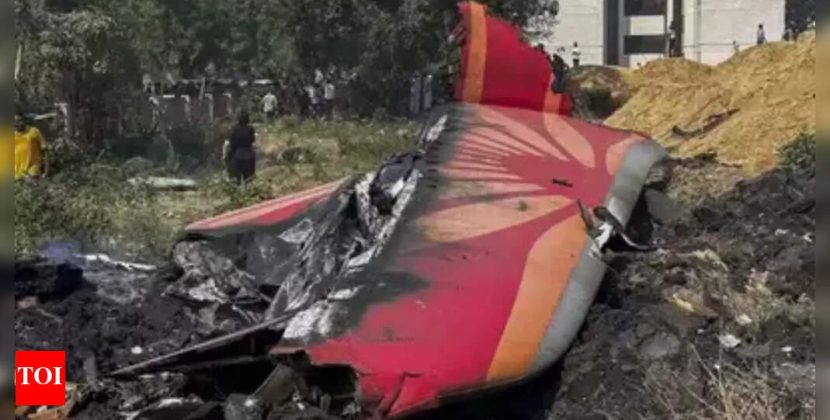
View ahead of the World Economic Forum Annual Meeting in Davos, Switzerland on Jan. 15th, 2024.
Adam Galici | CNBC
LONDON — It’s that time of year when the great and the good gather for the annual World Economic Forum in Davos, Switzerland.
A slew of heads of state, politicians and business moguls are set to attend the four-day event in the Alpine resort — but what might be more telling is which leaders are sidestepping the forum.
While Donald Trump, who is being inaugurated as U.S. president on Monday, is expected to address the forum via live video link on Thursday, a number of key leaders will be completely absent from the event.
These include Indian Prime Minister Narendra Modi and Chinese President Xi Jinping, as well as French President Emmanuel Macron, Italy’s leader Giorgia Meloni and British Prime Minister Keir Starmer.
Of the Group of Seven (G7) industrialized nations — which includes the U.S., Europe’s biggest economies, Canada and Japan — the only head of state attending the summit in person is outgoing German Chancellor Olaf Scholz.
WEF says this year’s event — the 55th annual forum, which runs from Monday to Thursday — will convene close to 3,000 leaders from over 130 countries, with the gathering “demonstrating the critical need for dialogue in an increasingly uncertain era.” It notes that 350 government leaders, including 60 heads of state and governments, “will gather in Davos-Klosters to address pressing challenges and shape emerging opportunities.”
People pass in front of big screen during the speech of US President Donald Trump on January 26, 2018 at the Davos Congress Centre (C), the venue of the annual World Economic Forum (WEF), in the town of Davos, eastern Switzerland. / AFP PHOTO / MIGUEL MEDINA (Photo credit should read MIGUEL MEDINA/AFP via Getty Images)
Miguel Medina | Afp | Getty Images
The theme of the event is “Collaboration for the Intelligent Age,” with the agenda focusing on five key areas: reimagining growth, industries in the intelligent age, investing in people, safeguarding the planted and rebuilding trust.
Not all world leaders will be there to discuss these issues, however.
“The leaders of Brazil, of China, of India, who gave the keynote speeches 10 years ago, are not there now. Russia has not been welcomed for some years now, Keir Starmer is not going to be there. Macron’s not going to be there,” Jan Aart Scholte, professor of global transformations and governance challenges at Leiden University, told CNBC Thursday.
“True, the prime minister of Spain is going to be there and there are a couple of others, but the general picture of the heads of state, of government that are there is that it’s not the big players. I think if you went through a list of the G20, it’s going to be a small minority [who are attending],” he said.
Collective effort
There is often no official reason given for a lack of participation in WEF, but pressing domestic problems — ranging from slowing economic growth to political crises — are known to keep heads of government at home.
Xi Jinping, China’s president, speaks during the opening plenary session of the World Economic Forum (WEF) annual meeting in Davos, Switzerland, on Tuesday, Jan. 17, 2017.
Jason Alden | Bloomberg | Getty Images
In recent years, there has also been some ambivalence over attending an event that has been accused of being elite and out-of-touch.
The forum has repeatedly stated that it provides a space where stakeholders from across business, government, academia, civil society, media and the arts can “meet on a global, impartial, not-for-profit platform.”
These people, it says, “come together to find common ground and seize opportunities for positive change on large global issues.”
In a statement to CNBC on Monday, WEF said that while it always values the presence of key global leaders, “the Annual Meeting’s impact and ability to drive meaningful dialogue, and action is defined by the collective efforts of a broad and representative community.”
This year’s program, the forum continued, “is designed to address the most pressing global challenges, including economic fragmentation, technological transformation, and climate action.”
“We recognize that global leaders face a wide range of commitments and responsibilities, and their absence does not diminish our ongoing engagement with their respective governments and institutions throughout the year,” WEF added.
Who will be there
A number of big names will still join this year’s summit — an event that began back in 1971 under the aegis of Klaus Schwab, who remained executive chairman of the event until the start of this year.
Ding Xuexiang, the vice premier of China, Ukraine’s President Volodymyr Zelenskyy, Javier Milei, the prime minister of Argentina and Cyril Ramaphosa, the president of South Africa, are all due to hold speeches in Davos this week.
The head of the European Commission, Ursula von der Leyen, will likewise attend, as will the leaders of global organizations such as the International Monetary Fund, United Nations, World Health Organization and the World Trade Organization.
Ursula von der Leyen reacts after being chosen President of the European Commission for a second term, at the European Parliament in Strasbourg, France, July 18, 2024.
Johanna Geron | Reuters
Sven Smit, a senior partner at strategic WEF partner McKinsey & Company said in online comments that it would be a priority for participants to “understand what is on the mind of the leaders who are at Davos.”
“You can’t fully predict it, there are themes out there that people suggest, they range from growth to sustainability, but what distils as a Davos theme is not fully predictable and that’s the interesting part,” Smit said.
However, many of the Western institutions in attendance have, in recent years, found themselves on the wrong side of a push against globalization by populist leaders like Trump, and countries like Russia and China.
WEF, too, has fallen foul of this anti-establishment trend, Scholte noted, and while the presence of leaders like Trump might not have been sought out in the past, there is now an acceptance that the world has changed.
“I don’t think that the promoters of a liberal, open world economy speak with quite as much disdain, let’s say, of contrary forces and views as they might have done, say, before the global financial crisis,” he said.
“I think there’s a bit more modesty that, no, it sometimes doesn’t fully work. And no, we haven’t always taken sufficient account of those who feel excluded from this.”
Nonetheless, he stressed that WEF was still a draw for many business and political leaders.
“There are various indicators that a site like the World Economic Forum isn’t as strong a magnet as it might have been a couple of decades ago,” Scholte said. “But the idea that it’s no longer a magnet, and the idea that it also doesn’t have certain areas within world economic governance where it can still be very strong, I think that would be wrong.”

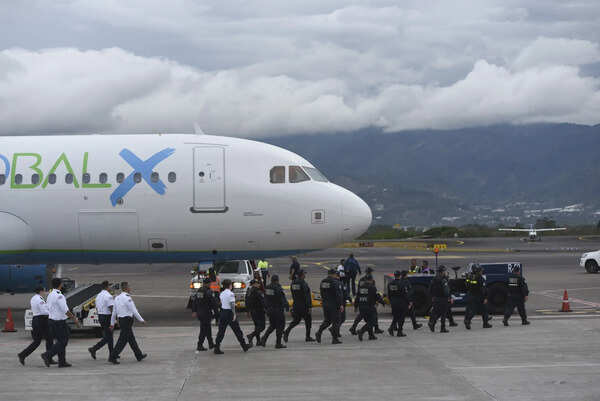
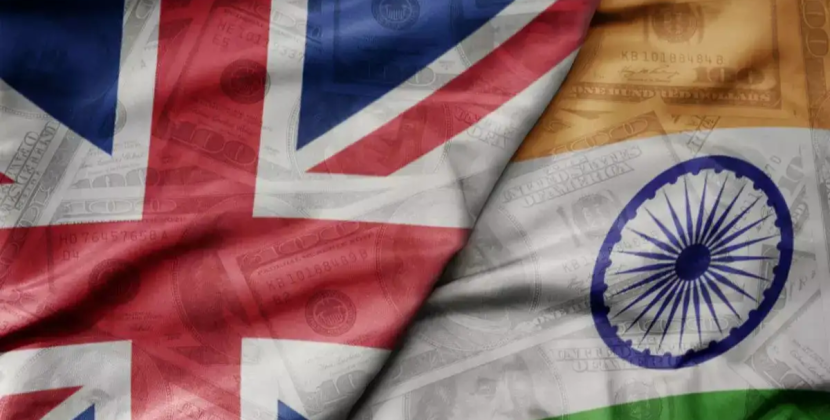





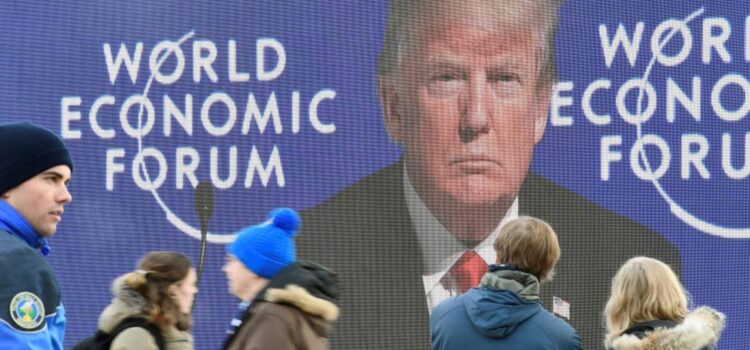
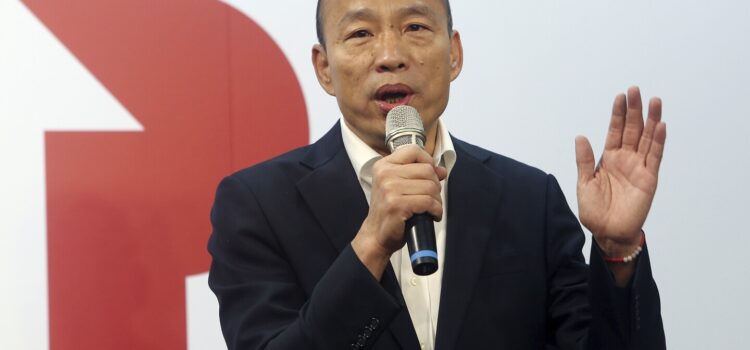

Comments